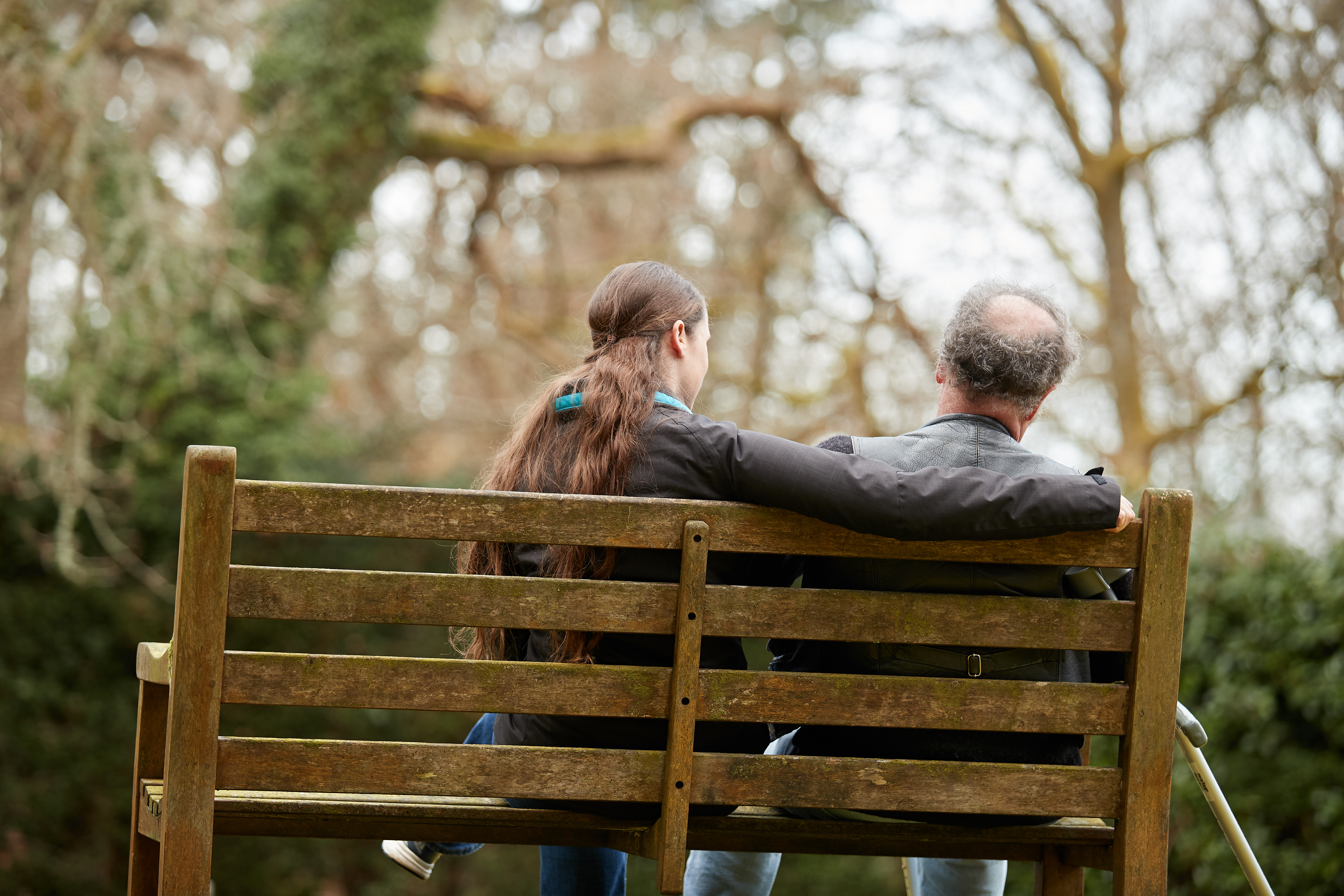Death is indiscriminate and touches us all, yet our proximity to it has never been closer. As front line workers you will be acutely aware how it permeates people’s lives with unprecedented regularity.
Losing a loved one whilst social distancing measures are in place is heart wrenching, painful and traumatic. Death may come quickly and unexpectedly and we may not have an opportunity to say goodbye or tell those closest to us how much we love them.
In our hearts, we will want to honour our loved ones by either giving them the ceremony they chose or the one we wanted them to have. Unfortunately, this will not be possible at the moment, so we may not be able to pay our respects or say goodbye to our beloved friends or family in person. How we celebrate a loved one’s life today is very different to how we could ever imagine it to be.
Grief is painful and personal. It takes a strong person to mourn and express their grief whether you are crying, feeling angry, feeling guilty, laughing, talking or sharing memories. As you navigate your way through these emotions, their intensity may sometimes take you by surprise and that is okay. You are mourning.
When a loved one dies, we may feel numb or in a state of disbelief. Do not worry; this is your body’s way of protecting you by allowing time for your emotions to catch up with your mind. As you begin to connect with your emotions, you may hurt with pain and feel overwhelmed and it is important to ask for support from those you love and trust.
Grief can be lonely, especially if you are self -isolating because you have been exposed to coronavirus. Remember to reach out; pick up the phone or video call to connect with friends and family, tell them what you need and talk, talk and talk some more. Ask for the funeral to be recorded or streamed and jointly plan a future ceremony to honour your loved one.
You will have good days and bad days and may feel angry at all sorts of things: the virus, the minority of people who are not complying with the social distancing measures, or that your loved one is included as a statistic or not reported in the daily statistics. Rather than bottle up your anger, express it constructively by running, shouting, exercising or being creative.
Be kind to yourself, build on your inner strength and take time to grieve and heal. Keep life as simple as possible because it will take time and hard work physically, emotionally and spiritually for you to learn to live with your loss.
If you are supporting friends, peers or family who have lost someone close to them and you are unsure of what to say or do, be open and ask them what they need, listening is often enough. Seeing someone in pain can be difficult but know you are helping them navigate their way through tough times.
If you are experiencing grief due to the virus, whether directly or indirectly, know that we are so sorry for your loss. But you don’t have to go through this alone. We are here for you and can help you navigate your way to by providing a wide range of practical support. Give us a ring on 0800 389 8820.
Your Fire and Rescue Service’s Employee Assistance and Occupational Health programmes are also there for you during this difficult time.
Cruse Bereavement Care and The Good Grief Trust also provide excellent support on their websites and phone lines. If you need to speak to someone out of office hours, you can contact the Samaritans at any time, as well as Shout.

